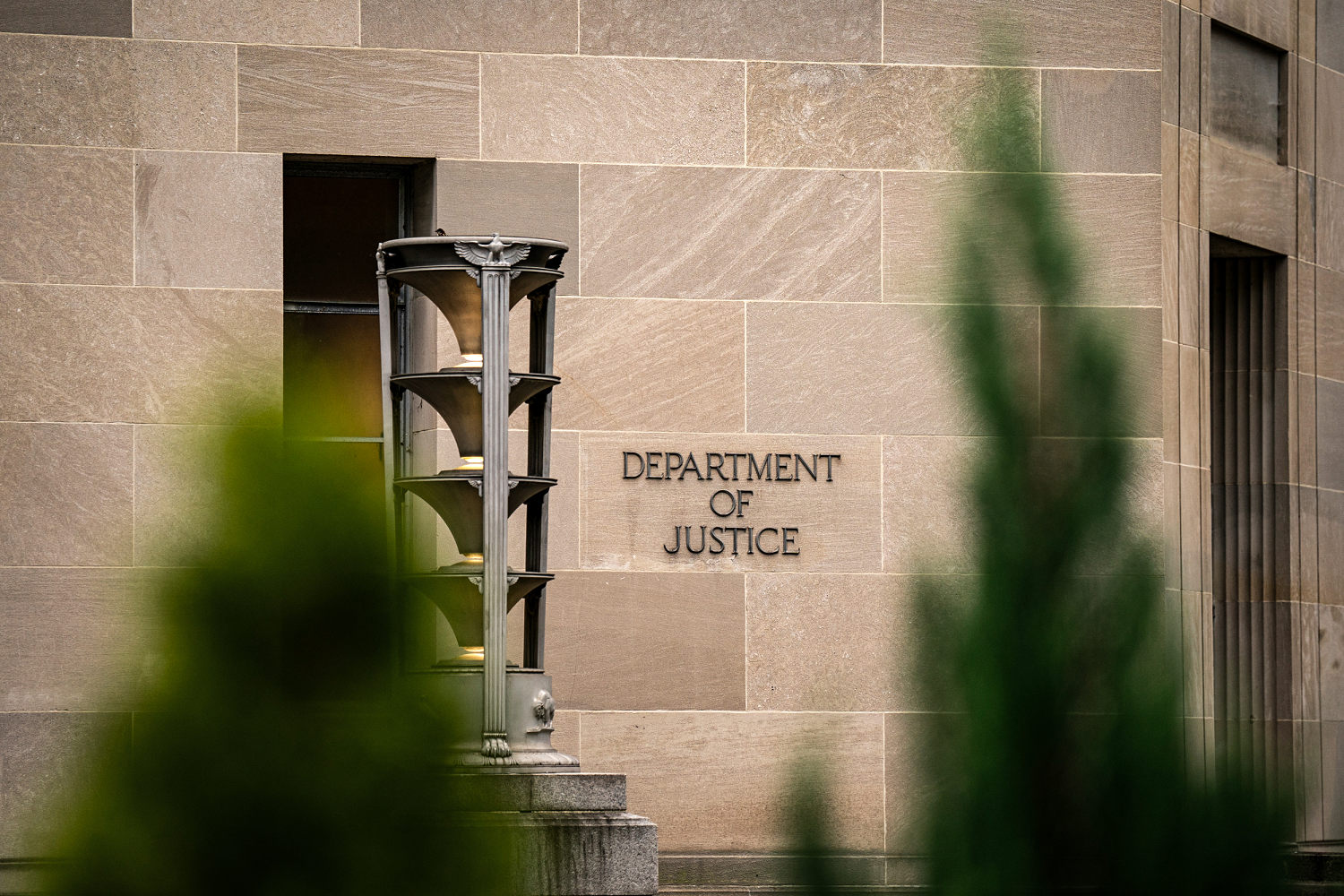
The Trump administration has taken another step in exerting more control over immigration courts by relaxing qualifications for the hiring of judges.
On Thursday, the administration implemented a rule that allows the Justice Department to hire attorneys without immigration law experience to serve as temporary immigration judges.
“This rule will enable the Director, with the approval of the Attorney General, to staff the immigration courts with a sufficient number of well-trained and highly qualified judges to further reduce and ultimately eliminate the backlog of pending cases,” according to the new rule.
Immigration judges are part of the executive branch, not the independent judicial branch of the U.S. government.
Before the change, temporary immigration judges (TIJs) were required to have been immigration judges or other types of government judges and attorneys from other executive branches, or to have at least 10 years of legal experience in the field of immigration law.
According to the notice published in the Federal Register, “the Department believes that the removal of categorical regulatory prohibitions is prudent to ensure that the Director and Attorney General may consider highly qualified candidates for TIJ appointments.”
The rule change is needed, the administration has said, to address a large backlog of immigration cases.
The new rule follows the firings or layoffs of judges — since President Donald Trump took office, about 100 immigration judges have been fired or forced to resign. This has significantly reduced the number of judges, which stood at around 650, according to the International Federation of Professional and Technical Engineers, the union that represents immigration judges. About 3.7 million immigration cases are caught up in the backlog.
Critics of the new rule say it’s the administration’s way of seating judges who will carry out Trump’s mass deportation agenda.
“It’s part of the same pattern we’ve seen everywhere else. They are trying to remake the federal workforce in ways that, you know, they won’t receive any resistance to what the White House wants to do,” said Elizabeth Taufa, senior policy strategy and attorney at Immigrant Legal Resource Center.
Taufa questioned how will the judges be properly trained since they are being hired for a six-month period and new immigration judges generally undergo six weeks of training.
“Due process in immigration court is dubious on a regular day, and this is not a regular day,” Taufa said. “So I think we are going to see a continued erosion of due process. I think we are going to see more folks with specific political bias that are hired in this role.”
The administration has adopted strategies to more quickly deport immigrants, including bypassing some due process protections, which has led to lawsuits and court battles. The administration also has directed immigration judges to dismiss cases so the immigrants challenging deportation or petitioning to stay in the country can be arrested when they leave the courtroom to be enlisted in a sped-up deportation removal proceeding.
In Florida last month, Trump said he would approve a plan proposed by Gov. Ron DeSantis to allow members of the National Guard Judge Advocate General Corps (JAG) to serve as immigration judges at the detention center opened in the Everglades, dubbed Alligator Alcatraz.















Leave a Reply